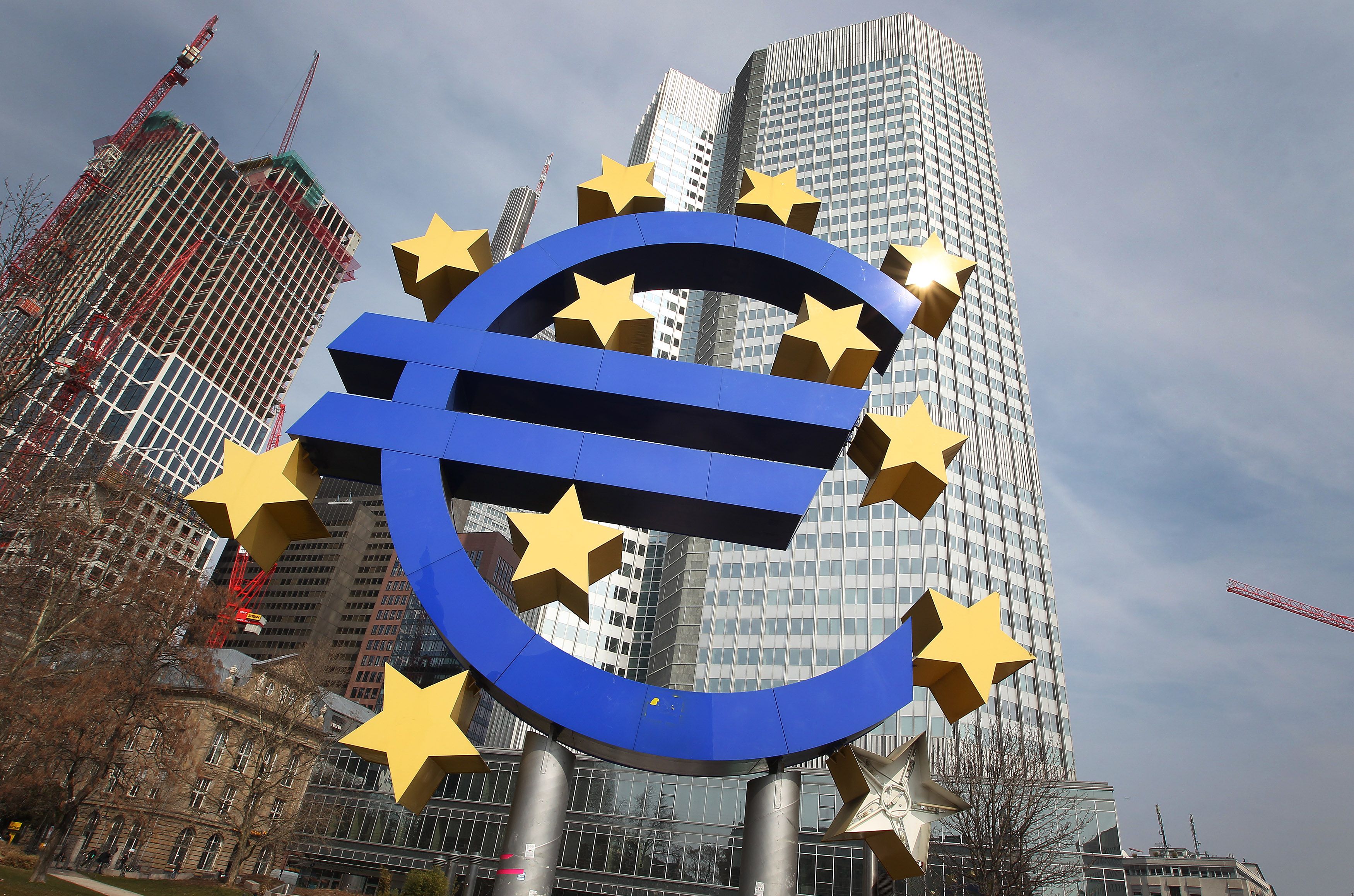
The biggest misconception about next month's referendum on Britain's membership of the European Union is that it will put the issue to rest. That's unlikely. Whichever way the vote goes, Brexit isn't going away.
The referendum on Scottish independence is a good guide to what's coming. Scots in 2014 voted with their heads not their hearts to stay in the UK -- then at the following general election gave the Scottish National Party, dedicated to Scottish independence, a crushing victory north of the border. The thinking seemed to be: The safe choice is to stick with the UK, but please understand we aren't happy and might change our minds at short notice.
The UK's calculation on Europe is similar. Quitting the EU is a big economic risk, so prudence says stay. But British (that is English) resentment at rule from Brussels won't be assuaged by being offered the choice to go. Doing the prudent thing will only make Britain more resentful. The UK will be more euro-skeptic and the careers of anti-EU politicians such as Boris Johnson will be far from over.
The case for prudence is gaining strength thanks to reports from the Treasury and the Organsation of Economic Cooperation and Development (a club of high-income countries). They predict long-term losses of around 5 per cent of gross domestic product a year, equivalent to several thousand pounds per household. Other studies say much the same. A recent rejoinder from a group of euro-skeptic economists, arguing that Britain's' economy would get a boost from exit, doesn't carry the same weight.
Actually, that dissent makes some good points. It notes that neither of the two big official reports that warn against leaving consider the option of unilateral free trade, which would likely be the best-case scenario post-Brexit. Instead, they dwell on the costs and protracted delays involved in negotiating new preferential trade agreements with the EU and Britain's other trading partners.
On the other hand, neither the official reports nor the euro-skeptics' dissent consider the risk of outright retaliation by the EU, should Britain leave. (Tariffs are capped by the World Trade Organizstion, but there's plenty of scope for behind-the-border protectionism aimed at services, where the WTO's writ does not run.) That's the biggest risk: If it happened, the official worst-case estimates might be too small.
In any event, Brexit is fraught with risk, and voters are likely to make the safer choice. But because they'll do so reluctantly, Britain's EU partners should expect the UK to be an even bigger nuisance in future.
In the longer term, Britain retains its blocking power over treaty changes: It can't steer the broader project, but it can stop anybody else steering it. Other EU governments aren't interested in revising the treaties just now anyway, because the union is unpopular elsewhere too, which would make it hard to get the changes ratified by national parliaments. Still, a point will come when treaty changes are needed to fix what's broken in the EU economy. The reformers will have to deal with Britain.
In the meantime, the UK could be more deliberate about dragging its feet. It could follow the example of many other EU governments, which regard a commitment (such as a fiscal target) as binding only if they feel like being bound. Brits are a bit priggish about seeing promises to other governments as undertakings rather than aspirations.
Having refused to adopt the euro, the UK is already semi-detached from the EU's main economic project. It has opt-outs in other areas of policy too. This distance is going to widen under the pressure of heightened euro-skeptic sentiment following a vote to stay. Over time, as the euro area pursues closer integration in fiscal and financial policy, Britain will become even more of an anomaly -- and demands for Brexit won't subside.
Eventually, the EU might come to agree that Brexit makes sense. I've argued before that Britain's best bet in Europe is to be exasperating. Sure, it's been pretty exasperating already, but it can do better. Remember, the biggest risk in Brexit is that the EU will punish Britain for leaving. The answer is obvious. Vote to stay -- then bring the EU to the point where it will pay Britain to go. - Bloomberg View